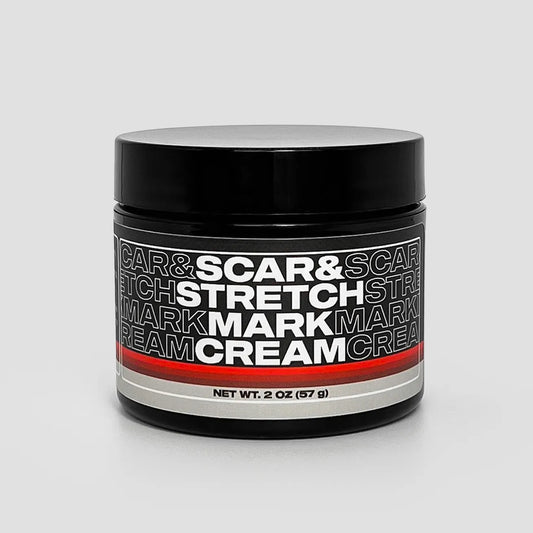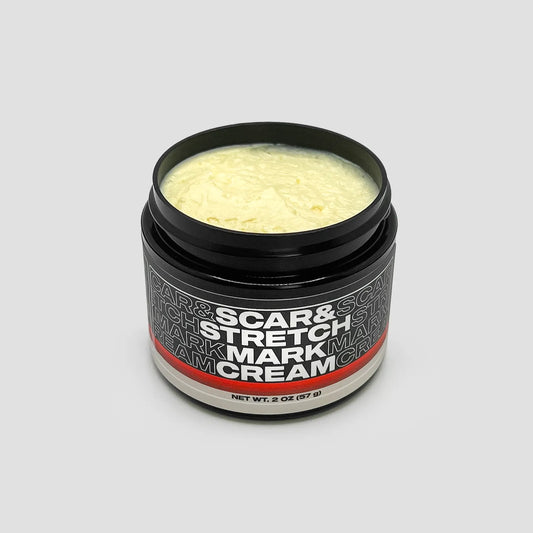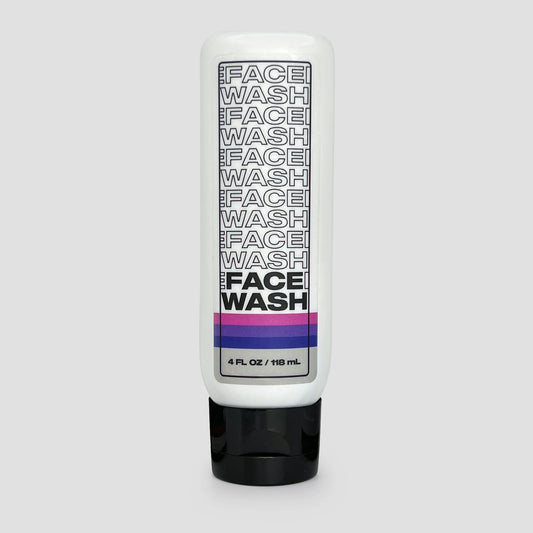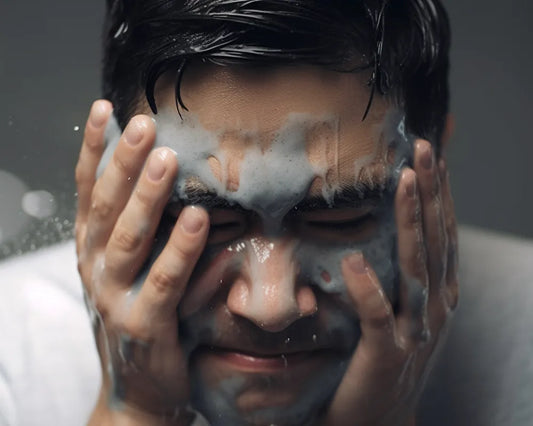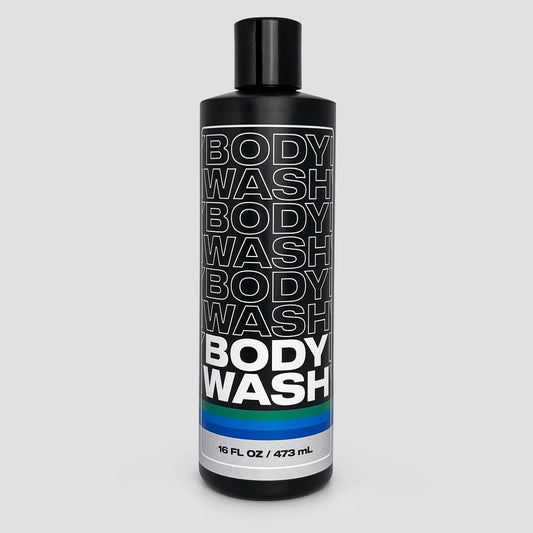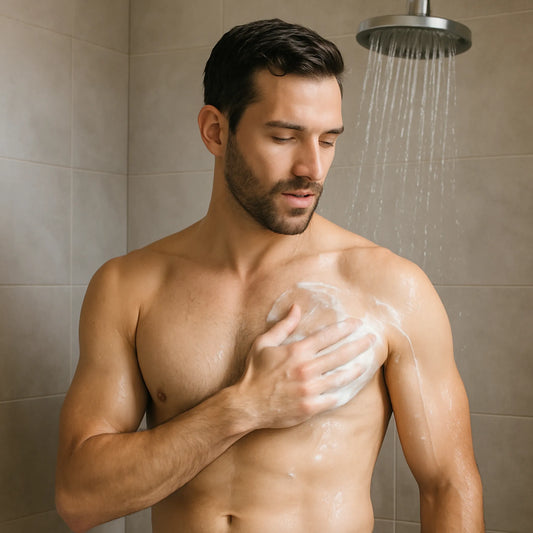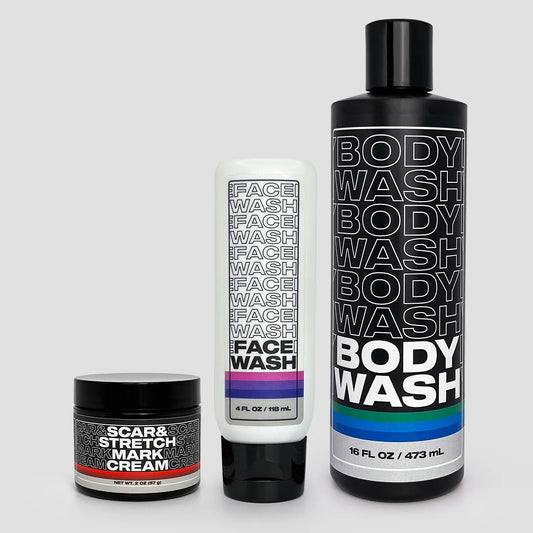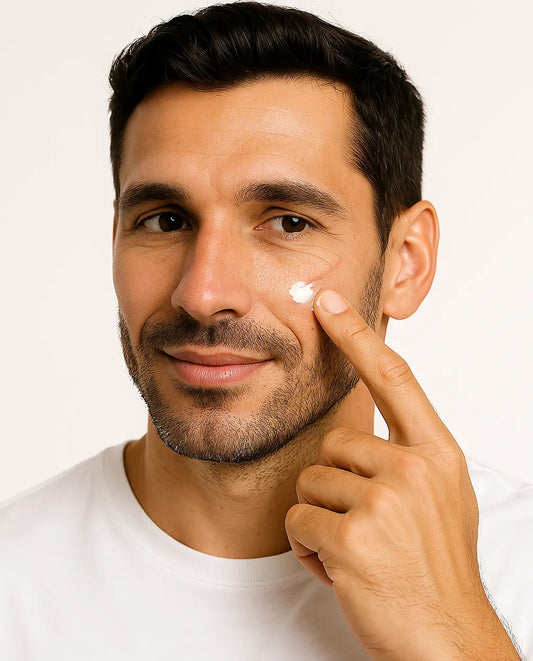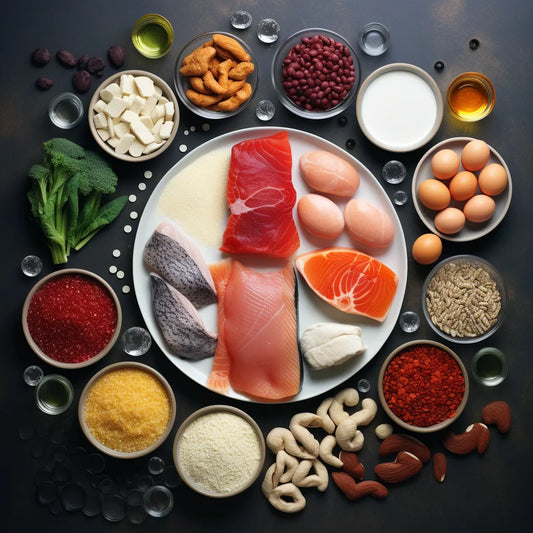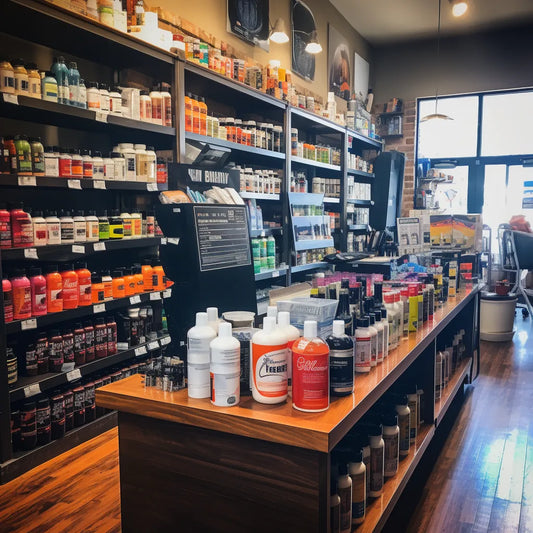
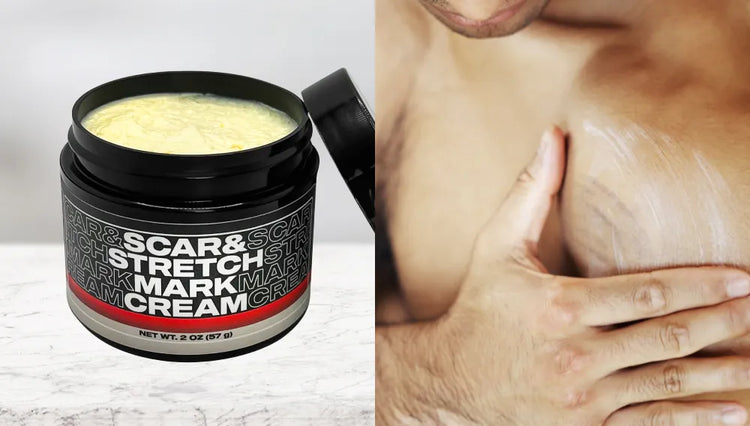
When it comes to protein powders, Whey and Pea Protein often muddy the waters. Which one is truly the top dog in the supplement-infused world of health enthusiasts? Let's raise the bar on this muscle-building mystery.
Protein, an essential component of an athletic diet, plays a role not only in building muscles but also in skin health. Wrong choices may end up flaring up those dreaded skin issues.
Perhaps understanding the whey vs pea protein dilemma might stretch the scales in favor of better skin.
Let's pull no punches and dive straight into the power protein faceoff.
What is the difference between Whey and Pea Protein?
The difference between whey and pea protein is that whey is water-soluble milk protein, acclaimed for its complete protein status, while pea protein is an incomplete protein, though an excellent alternative for those with lactose intolerance or a vegan lifestyle. It has a lower allergenic potential, meaning fewer acne outbursts.
Does the type of protein influence skin health?
Absolutely! Whey protein, while helping build muscles, can sometimes exacerbate skin conditions like acne due to its dairy-origin. On the other hand, pea protein being plant-based, tends to be easier on the skin, thus potentially reducing acne or skin irritations.
How to Choose the Right Protein Supplement for Athletes?
There's no 'one-size-fits-all' when it comes to protein supplements. It's all about finding your perfect fit, considering factors like dietary restrictions, bodily reactions, and specific health goals.
1. Understand Your Body's Reaction to Dairy
Keep an eye on your skin's reaction after consuming dairy products. If you're prone to breakouts, it's time to consider plant-based proteins like pea protein.
2. Consider Your Dietary Preferences
Whether you're vegan, vegetarian, or without any dietary restrictions, choose the protein that best fits within your lifestyle.
3. Listen to Your Gut, Literally!
Some proteins are easier to digest than others. If you experience bloating with whey, pea protein might be a better choice for you.
Can Pea Protein Replace Whey Protein?
Just like a cornerstone in a foundation, pea protein can indeed replace whey if incorporated correctly into your diet. Yes, it's not a complete protein, but combining it with other plant-based proteins can make up for any shortcomings, all the while, possibly improving your skin health.
Where can I find reliable protein supplements?
Quality protein supplements can be found both online and in-store. However, make sure you buy from reputable sellers. Always read reviews, check label claims, and research the product before purchasing.
Fueling Up Not Just Muscles, But Confidence Too!
From the ring to the runway, the protein supplement you choose can truly make a difference. Not just for your muscle-building goals or athletic performance, but also how you face the world, literally and metaphorically.
'Wheying' Up the Protein Impacts
- Whey Protein: A complete protein that might exacerbate skin conditions, but excellent for muscle building.
- Pea Protein: A skin-friendly, plant-based protein that contributes to muscle building with fewer to no skin irritations.
In the end, the right protein supplement for you boils down to your unique needs, lifestyle, and how your body responds. Rise to a more confident you, power-packed not just with the right protein, but with the right choice for your skin too!
